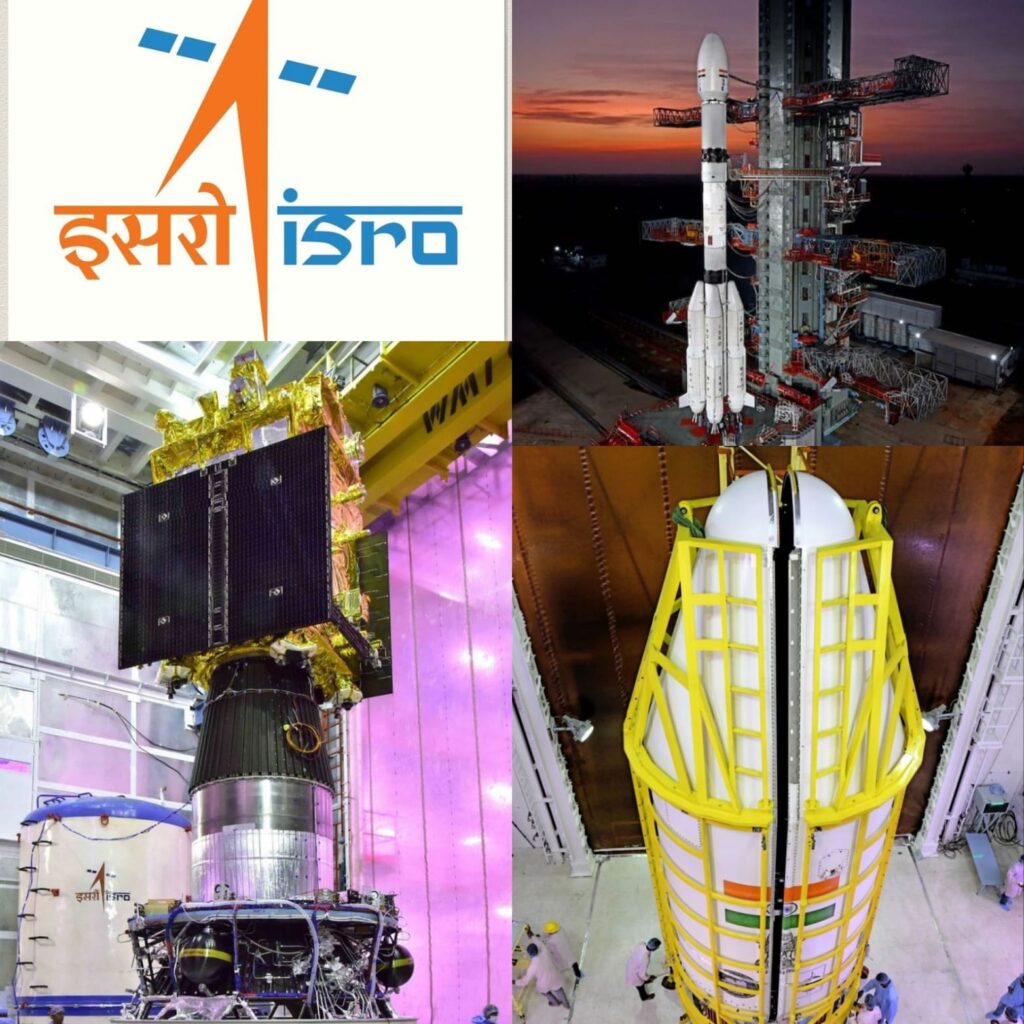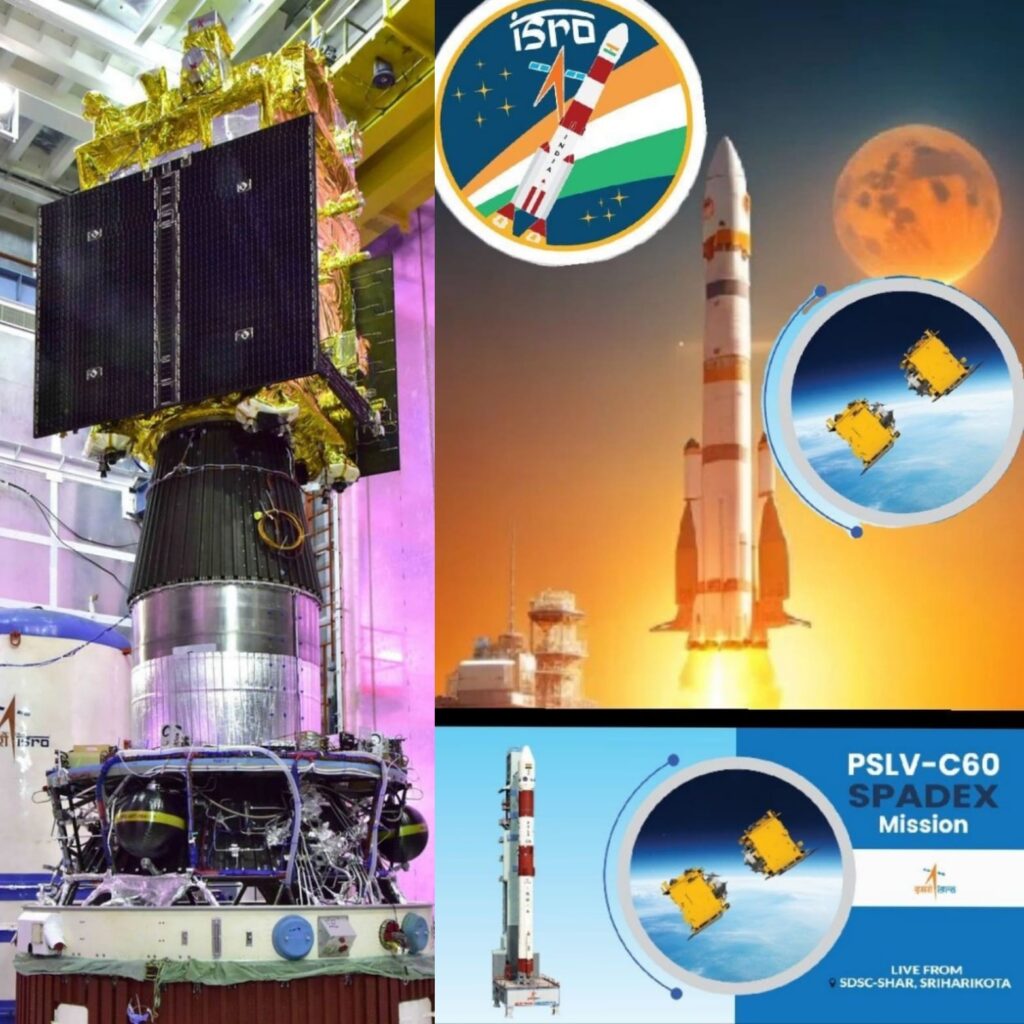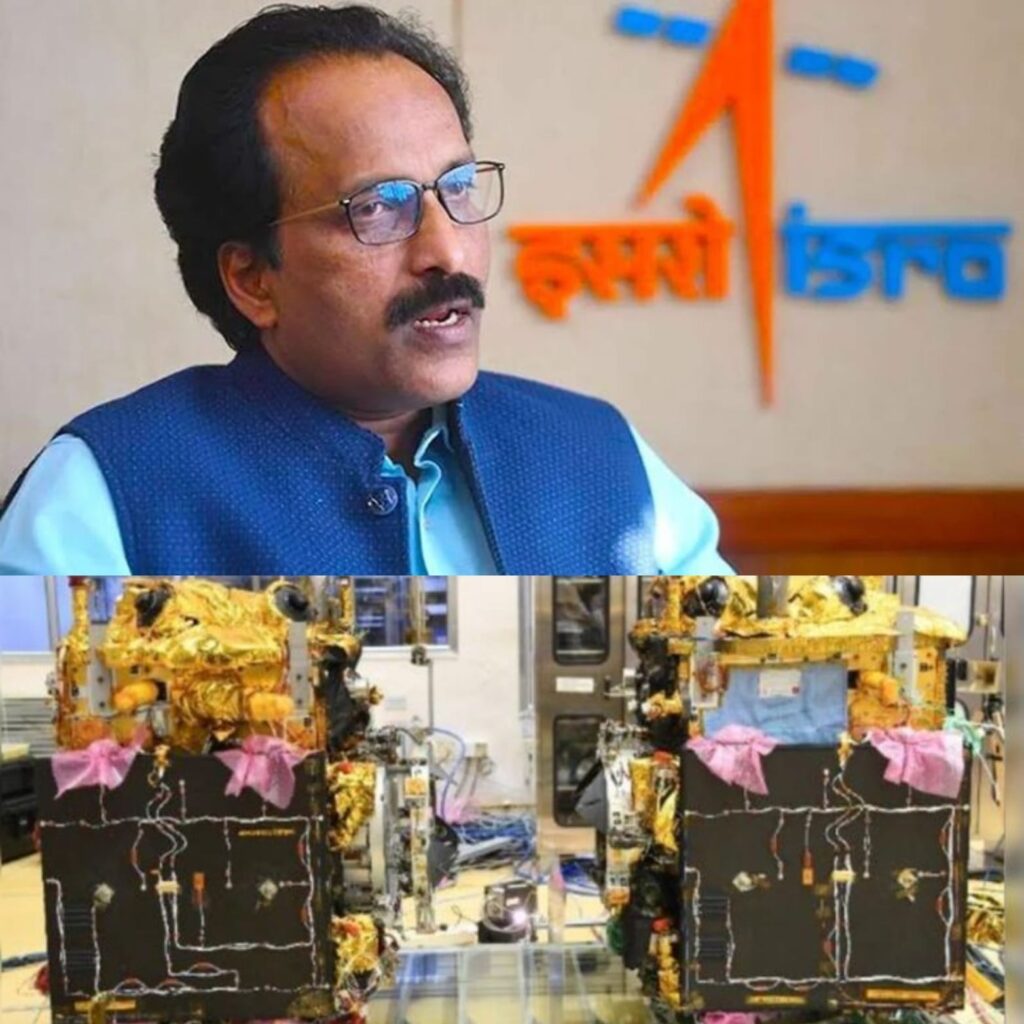

India becomes fourth country to achieve space docking
India came the fourth country in the world to achieve space docking, a technological feat that underlines its intentions to increase its share in the fast- growing$ 400 billion global space request.
Two satellites of the Indian Space Research Organisation ( ISRO), Target and Chaser, about the size of a large refrigerator, successfully docked with each other at around 9 am( 0330 GMT), an agency prophet said.
The indigenous technology, pivotal for satellite servicing, space station operations and interplanetary operations, prepares India for a crucial part in marketable and exploratory space sweats.
Astrophysicist Jayant Murthy stated, “India has planned ambitious operations and to achieve them, this is a critical technology.”
” colorful operations like erecting a space station bear assembly in space, which is n’t possible without space docking.”
ISRO said the two satellites sharing in its Space Docking trial( Spadex) will now be controlled as a single object, and power transfer will be checked over the coming many days. The charge was laid over doubly, first because the docking process demanded further evidence through ground simulations, and also to resolve a problem arising from inordinate drift between the satellites. Spadex, launched on December 30 from India’s main spaceport, put the satellites into route with an Indian- erected rocket.
Among the 24 loads and trials were eight cowpea seeds, transferred into space to study factory growth in microgravity conditions, which germinated within four days of the charge’s launch. Scientists say this is a significant step that shows that food can ultimately be grown in space during long operations. The charge will also demonstrate the transfer of electrical power between docked spacecraft, which is important for operations similar as robotics in space, overall spacecraft control and cargo operations after undocking. similar technologies are essential for operations taking multiple rocket launches.
Space disquisition and commercialisation are a crucial part of Prime Minister Narendra Modi’s sweats to establish India as a global superpower. Modi said at X that the successful SpadeX charge was” an important step for India’s ambitious space operations in the coming times.” On Thursday, India approved the setting up of a third launch pad in the southern state of Andhra Pradesh, to be completed in four times at a cost of 39.85 billion rupees($ 461 million), giving a farther boost to its space plans.
